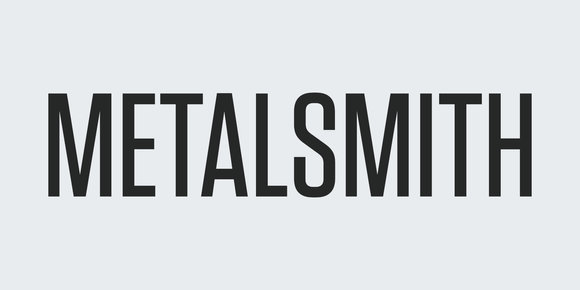
Photo by Possessed Photography on Unsplash
Relative links in HTML increases a site's portability to be hosted from anywhere, and it's easy to automatically convert links in Metalsmith projects.
The main reason you would want to use relative links rather than semi-absolute links (those that start with /) is to make your output more portable, so it can be hosted from any directory. For example, JetBrains IDEs serve HTML files at localhost:<port>/www/<path>, though that's a very specific example.
Project setup
To keep this article short and to the point we're not going to set up a full website, just enough to show sample usage. See "Starting a Metalsmith Project" for a more complete article on how to set up a Metalsmith project.

Starting a Metalsmith Project
Sep 19, 2019 · 13 min read
Metalsmith is a plugin-based static site generator originally from Segment. It's a current favorite of mine because of how sites are built as a pipeline of plugins where the output of each plugin is the input of the next. This allows for strong control over what happens and when it happens.
Installing packages
Starting with an empty project, install some Metalsmith packages:
$ npm install --save metalsmith metalsmith-html-relativemetalsmithfor the base project.metalsmith metalsmith-html-relativeto convert all local links to be relative links.
Source file structure
Create the following directories and files for use in the build pipeline:
.
├── index.js
└── src
├── contact
│ └── index.html
├── index.html
└── static
└── css
└── styles.cssNo need to fill in src/static/css/styles.css, it just needs to exist.
Writing the source files
Let's fill in the HTML files such that they reference each other and our CSS:
<!-- src/index.html -->
<!DOCTYPE html>
<html lang="en">
<head>
<title>Home</title>
<link rel="stylesheet" href="/static/css/styles.css">
</head>
<body>
<h1>Home</h1>
<a href="/index.html">Home</a>
<a href="/contact/index.html">Contact</a>
</body>
</html><!-- src/contact/index.html -->
<!DOCTYPE html>
<html lang="en">
<head>
<title>Contact</title>
<link rel="stylesheet" href="/static/css/styles.css">
</head>
<body>
<h1>Contact</h1>
<a href="/index.html">Home</a>
<a href="/contact/index.html">Contact</a>
</body>
</html>Then set up your index.js file like this:
const Metalsmith = require('metalsmith');
const relative = require('metalsmith-html-relative');
Metalsmith(__dirname)
.source('./src') // source directory for the pipeline
.use(relative()) // convert all local links to be relative links
.destination('./build') // destination directory of the pipeline
.clean(true) // clean the destination directory before build
.build(err => { // execute the build
if (err) {
throw err;
}
});This will:
- Convert all local resource links (hyperlinks, CSS, JavaScript, images, etc.) in all HTML files to be relative.
- Copy everything in
src/tobuild/.
See the metalsmith-html-relative options for other available options.
Build and output
Run the build command like normal:
$ node indexAnd you'll get output similar to (minus comments):
<!-- build/index.html -->
<!DOCTYPE html>
<html lang="en">
<head>
<title>Home</title>
<link rel="stylesheet" href="static/css/styles.css"> <!-- previously: /static/css/styles.css -->
</head>
<body>
<h1>Home</h1>
<a href="index.html">Home</a> <!-- previously: /index.html -->
<a href="contact/index.html">Contact</a> <!-- previously: /contact/index.html -->
</body>
</html><!-- build/contact/index.html -->
<!DOCTYPE html>
<html lang="en">
<head>
<title>Contact</title>
<link rel="stylesheet" href="../static/css/styles.css"> <!-- previously: /static/css/styles.css -->
</head>
<body>
<h1>Contact</h1>
<a href="../index.html">Home</a> <!-- previously: /index.html -->
<a href="index.html">Contact</a> <!-- previously: /contact/index.html -->
</body>
</html>Note that no local resource link begins with a forward slash (/), and there are a number of links that start with a parent directory reference (../).
Conclusion
Admittedly the use cases for all of this are limited, but you can definitely save some time if you need it!




